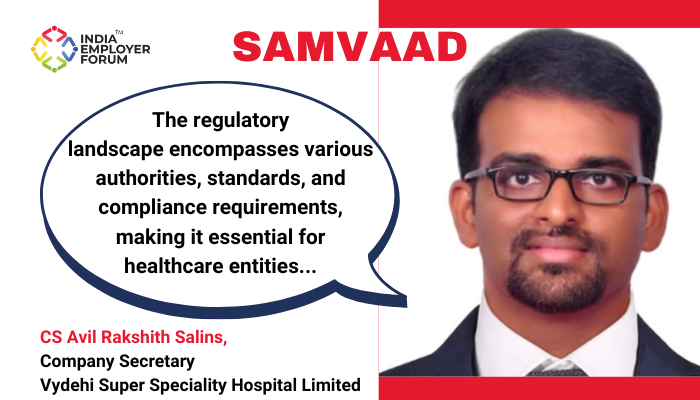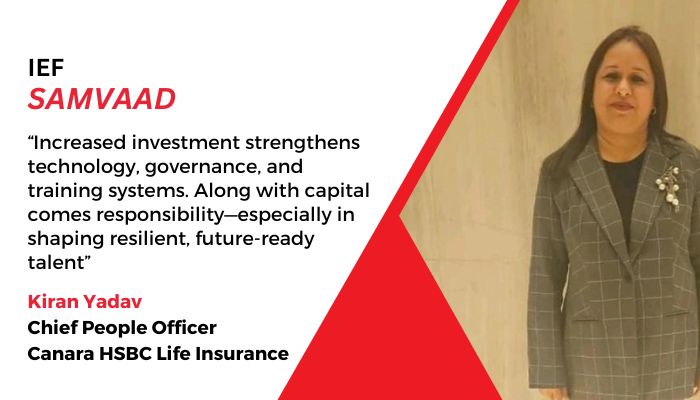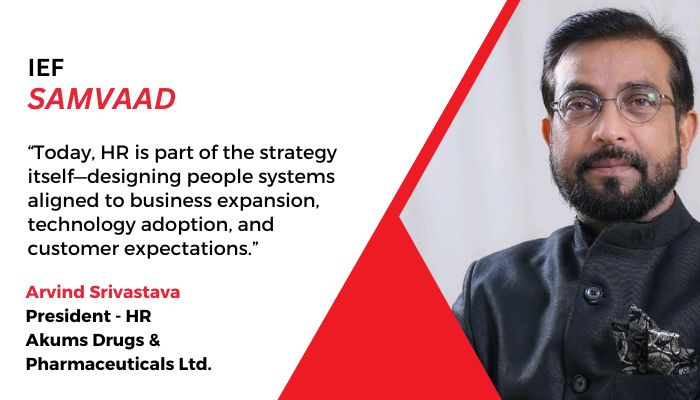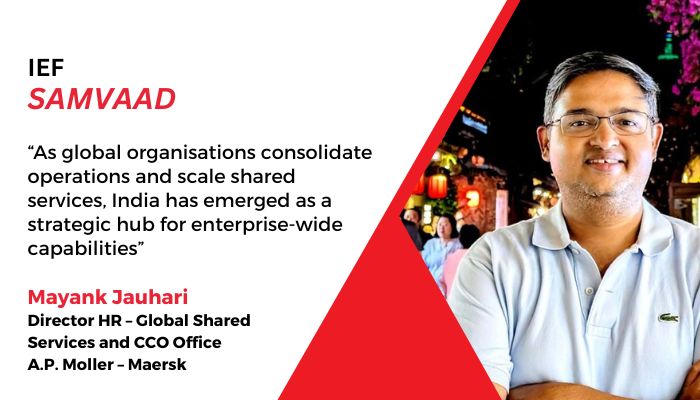CS Avil Rakshith Salins is a seasoned Company Secretary with a comprehensive background in Corporate legal services, currently serving at Vydehi Super Speciality Hospital Limited since June 2021.
Q. What does the overall regulatory framework look like for the healthcare industry?
In India, the regulatory compliance framework for the healthcare industry is complex and multifaceted, involving regulations at both the central and state levels. The regulatory landscape encompasses various authorities, standards, and compliance requirements, making it essential for healthcare entities to navigate multiple layers of regulations to ensure adherence and quality care delivery. For instance, the National Accreditation Board for Hospitals & Healthcare Providers (NABH) has developed comprehensive accreditation standards for hospitals covering various aspects of healthcare delivery, including patient care, clinical services, infrastructure, and management systems. These include:
- Ensuring patient rights, informed consent, confidentiality, and provision of information to patients.
- Implementing infection prevention and control measures to minimise healthcare-associated infections.
- Healthcare organisations are required to maintain comprehensive records of patient care, treatment protocols, adverse events, and quality improvement activities.
- Healthcare professionals must undergo regular training and competency assessments to maintain high standards of clinical practice and patient care.
In addition, there are compliances under the Drugs and Cosmetics Act, 1940, and Rules, 1945, Indian Council of Medical Research (ICMR) Guidelines, Telemedicine Practice Guidelines issued by the Ministry of Health and Family Welfare, and New Drugs and Clinical Trials Rules, 2019, to name a few. In addition, the corporate side of the industry is regulated by the MCA and other departmental-specific regulations. Overall, the healthcare sector is heavily regulated, and most of the reporting concerning healthcare laws is not system-oriented. There are a lot of time lags in the approval process and licenses, and this may, at times, lead to unnecessary bottlenecks. The government must bring in more systems and tech-oriented approaches in tracking the compliances and there is a certain difference between state and central laws when it comes to digital resources for implementing compliances.
Q. How does a hospital manage the complexity of compliances related to patient care?
Hospitals need to ensure adherence to the highest safety standards for the well-being of patients. The most critical aspect of patient care is preventing infections. Infections are the primary cause of longer hospital stays, whether contracted outside or within the hospital premises. Hospitals have strict internal standards for monitoring infections.
A recent Supreme Court judgement related to the standardisation of rates had a negative impact on the industry. The government bodies need to understand that the costs cannot be standardised as higher standards automatically lead to higher costs.
Q. How critical are labour and EHS regulations for the smooth functioning of a hospital?
The labour compliances applicable to a hospital are similar to those applicable to any other industry. However, complexity arises from the high rate of attrition among healthcare workers. This leads to a situation wherein the hospital is left bearing the cost of training without the professional continuing his/her services.
Under EHS compliances, the prescribed standards for the segregation of wastes are very high. There is a clearly defined procedure for the segregation process. For instance, hospitals are required to maintain a biomedical waste register with daily and monthly updates on the website. They need to set up a barcode system for biomedical waste that is to be sent for treatment or disposal. They must also maintain all the records for the operation of hydroclaving/ incineration/ autoclaving for five years. They must also submit an annual report, including information about the categories and quantities of bio-medical wastes handled during the proceeding year, to the prescribed authority on 31st January every year.
Q. How do you think the healthcare industry will be affected by the data protection regulations that are set to come in light of the Digital Personal Data Protection Act, 2023?
There is an inherent conflict with the new Digital Personal Data Protection Act, 2023 and the extant healthcare regulations around data storage. The present medical industry regulations can require the hospital to store patient data for up to 7 years. In addition, the data principal has the right to request the deletion of personal data. However, medical statutes require the hospital to maintain such data. There is a need for harmonisation between the extant data regulations in the healthcare industry and the DPDP Act. However, the Act also brings in the required control over data processing and sharing. There have been instances wherein patient data has been sold to pharmaceutical, medical devices, and other companies. The regulations put a stop to the practice and ensure that the data principal has complete control over how and where his/her data is being shared, stored, and processed.
Q. How does the industry deal with professional errors?
In cases of professional negligence, patients are empowered to take legal action against the healthcare professional and, in some instances, the hospital. Liability arises from the criminal law system, consumer laws, and National Medical Commission regulations. Patients can simultaneously approach the criminal court, the consumer court, and the medical commission. Consequently, a medical professional/ hospital can be penalised by all of these authorities. It is an accepted fact that professional errors cannot be eliminated, and as such, healthcare professionals need Professional Indemnity Insurance to safeguard medical practitioners against legal costs and claims for compensation by the patients in case of a legal row.
Q. Can you paint us a picture of how boardroom conversations have moved towards compliance and good governance? How is the risk of compliance evaluated?
Compliance has become a key agenda of boardroom meetings, and directors are becoming increasingly aware of it. With the recent strides in ease of doing business, compliances are being decriminalised, with monetary penalties and fines becoming the new norm for penalising non-compliant behaviour. However, this has also led to organisations adopting a risk-based compliance approach. The cost of non-compliance is huge, especially for a hospital. Compliance officers are faced with enormous complexities in tracking and managing compliances. In addition, a significant number of compliances cannot be quantified based on risk levels, and in some instances, the prescribed standards are not adequate. Hospitals have no other option than to go above and beyond the prescribed standards to remain competitive and offer sufficient care and services.
About CS Avil Rakshith SalinsCS Avil Rakshith Salins is a seasoned Company Secretary with a comprehensive background in Corporate legal services, currently serving at Vydehi Super Speciality Hospital Limited since June 2021. With a foundation in Corporate Law from the Institute of Company Secretaries of India, Salins has demonstrated expertise in Corporate Restructuring, Due diligence and other corporate legal compliances. His career highlights include drafting and vetting commercial agreements, maintaining secretarial records, and ensuring compliance with various statutory requirements.
Before joining Vydehi, Salins ran a successful self-employed practice from November 2018 to June 2021, where he represented companies before the NCLT, Bengaluru Bench, and handled a wide range of corporate legal tasks, including company revival, dispute resolution, and compliance with RBI regulations. His earlier roles at Sami Direct Marketing Private Limited and Karuturi Global Limited further solidified his proficiency in company law compliance, investor grievance resolution, and statutory reporting.
Disclaimer: The opinions and views expressed in this article, including any accompanying data, are the sole responsibility of the author and should not be construed as reflecting the official policy or position of India Employer Forum.






